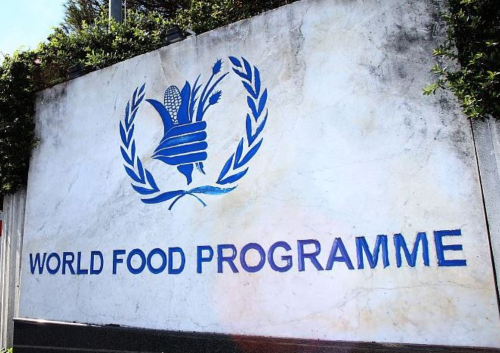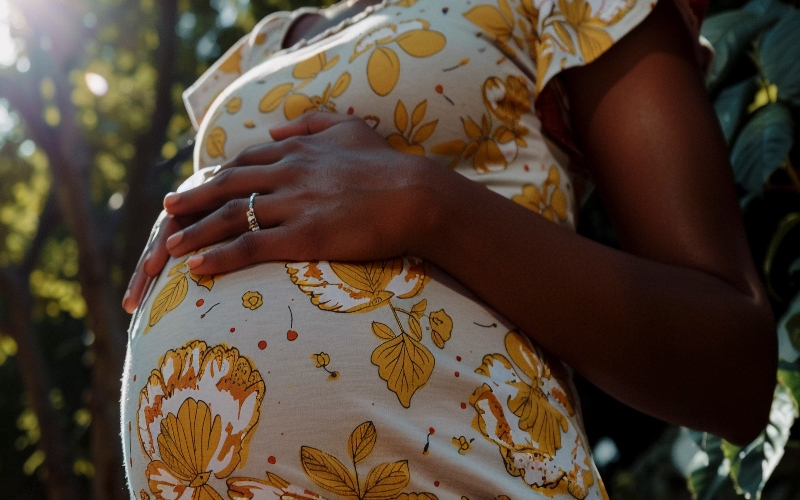Over 700,000 Somalis to lose food assistance in November as WFP slashes aid

According to the UN, the hunger crisis in Somalia is likely to worsen in the coming months, as multiple shocks continue to undermine recovery efforts.
The World Food Programme (WFP) has announced drastic cuts to its emergency food aid operations in Somalia, warning that millions of people are now at risk of worsening hunger and malnutrition as budget cuts cripple humanitarian response efforts.
Beginning in November, the organisation says it will reduce the number of Somalis receiving emergency food assistance to just 350,000, down from 1.1 million in August, leaving the majority of those in need without help.
"We are seeing a dangerous rise in emergency levels of hunger, and our ability to respond is shrinking by the day," said Ross Smith, WFP's Director of Emergency Preparedness and Response.
More To Read
- AfDB grants full debt relief to Somalia after decades of economic turmoil
- Trump faces rising backlash over remarks targeting Somali immigrants
- Somalia welcomes first group of Sudanese students under new scholarship programme
- Mogadishu’s Hamarweyne market shut for third day amid tax dispute
- How to make sweet and savoury plantains at home
- Somalia on high alert as Marburg virus outbreak hits neighbouring Ethiopia
"Without urgent funding, families already pushed to the edge will be left with nothing at a time when they need it most."
According to the latest Food Security Phase Classification (IPC) report, 4.4 million people in Somalia are struggling to get enough to eat, with nearly 1 million facing severe hunger, marking a 50 per cent increase in just six months.
The report also shows rising child malnutrition, with 1.8 million children under five acutely malnourished, including 421,000 in critical condition. WFP's nutrition programmes are also facing reductions in Somalia, with just 180,000 children still receiving nutrition treatment.
"WFP leads the largest humanitarian operation in Somalia, supporting over 90 per cent of the country's food security response. This lifeline is now at risk. Deepening funding constraints have already forced WFP to halve its monthly coverage, compared to one year ago," said the agency.
According to Smith, WFP urgently requires $98 million (approximately Sh12.7 billion) to sustain basic operations for 800,000 people through Somalia's lean season until March 2026.
"The current level of response is far below what is required to meet the growing needs," Smith warned.
According to the UN, the hunger crisis in Somalia is likely to worsen in the coming months, as multiple shocks continue to undermine recovery efforts.
"The hunger crisis is driven by a combination of drought, localised flooding, conflict, high food prices, and insufficient access to lifesaving health and nutrition services due to severe funding shortfalls," the agency said in late September.
Top Stories Today














































